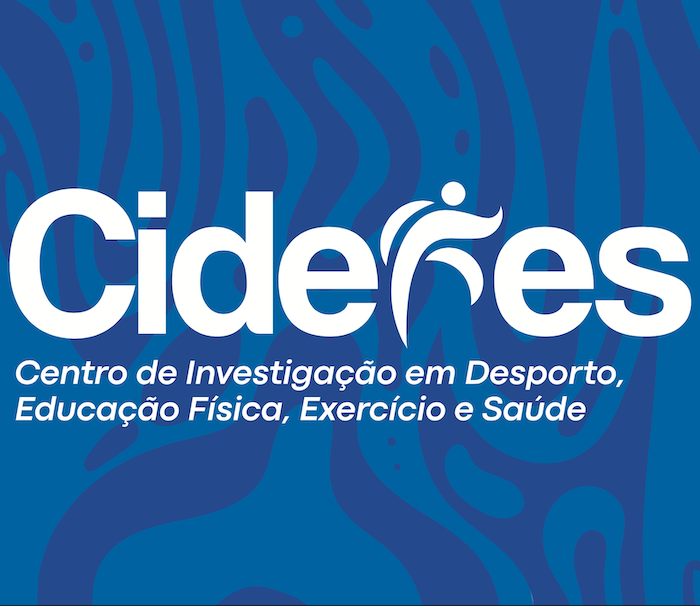News
ERASMUS + Family-based Open Science Schooling. Capacity and guidance building in secondary schools for involving young students’ families in open science schooling activities to foster responsible science education
Note that this not a project under CIDEFES leadership
Funding type
ERASMUS +
Timeline
1/1/2020 - 1/31/2022
Principal Investigator
Calkin Suero Montero
Other Investigators
Projeto desenvolvido no âmbito da Universidade Lusófona, CeiED.
- Ana Benavente (Coord.);
- Sónia Vladimira Correia; Elsa Estrela, Maria Clara Leal (Portugal);
- Mireia Masgrau (Spain);
- Farzaneh Kamali (Finland);
- Artur Baranowski (Poland);
- Ilias Batzogiannis; Spyros Blatsios (Greece);
- Rahmi Dikini (Turkey); Rahmi Dikici; Gulbahar (Turkey);
- Tanya Madjarova (Bulgary);
- Liudmila Gertiene; Lina Rauckienė (Lithuania).
Partners
University of Eastern Finland (Finlândia) Pasvalys Levens Basic School (Lituânia) PLATON M.E.P.E Secondary School (Grécia) Szkola Podstawowa nr 2 z Oddzialami Dwujezycznymi im ks Stanislawa Konarskiego, Secondary School (Polónia) ELAZIG DOGA ANADOLU LISESI (Elazig Egitimcilik Tic.ve San. A.S), a Secondary School (Turquia) Gimnaziyas prepodavane na chuzhdi ezici “Romen Rolan” Secondary School (Bulgária) Working with Europe/Treballant amb Europa Associación (Espanha).
Summary
This project is one of the European Union's first systematic attempts to put into practice the challenge of involving families in their children's learning. Its most important mission is to develop practical guidelines for secondary schools and science teachers on how to organize, and facilitate, a school open to the effective involvement of families in various scientific experiments. All elements of the project are aimed at producing practical and attractive guidelines for secondary schools through participatory involvement between schools and families. The success of such initiatives depends entirely on the quality of the training of science teachers, schools and school communities in creating ways to attract and maintain the involvement of families in the learning of young people.The project's working methods add considerable novelty to the initiatives, as the project's organization, experimentation and results will involve students, teachers and families as co-creators, through a well-documented participatory design approach. The project's innovation is therefore linked to the European agenda to rethink science education, dedicated to finding new ways to make scientific learning attractive to young students, precisely over the years when they strongly build their identity, personality and professional intentions. The Erasmus + Family-based Open Science Schooling Project's main objectives are to encourage families to participate in school life and activities, to co-create 'science for all' activities in which teachers, students and families interact in order to support responsible science education and, also, support the implementation of Joint Science Missions involving the community.

